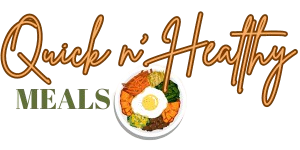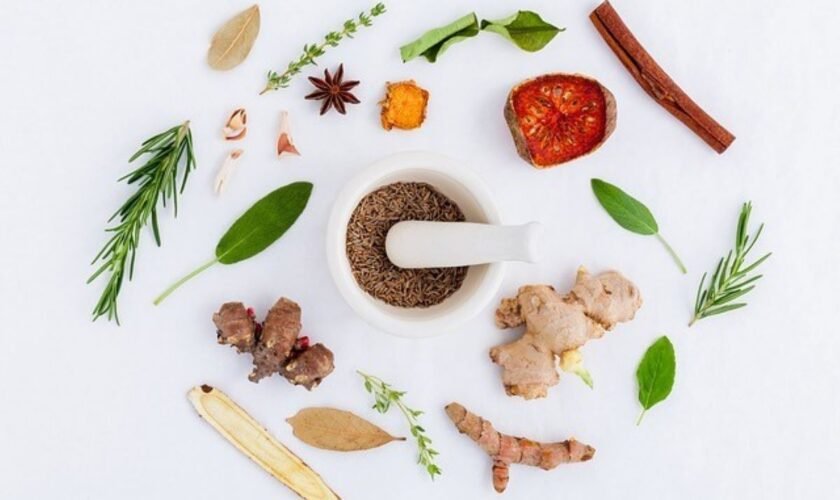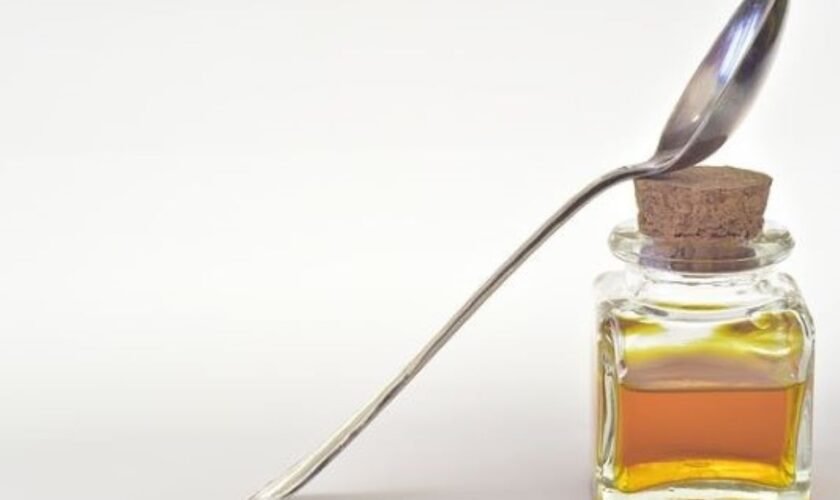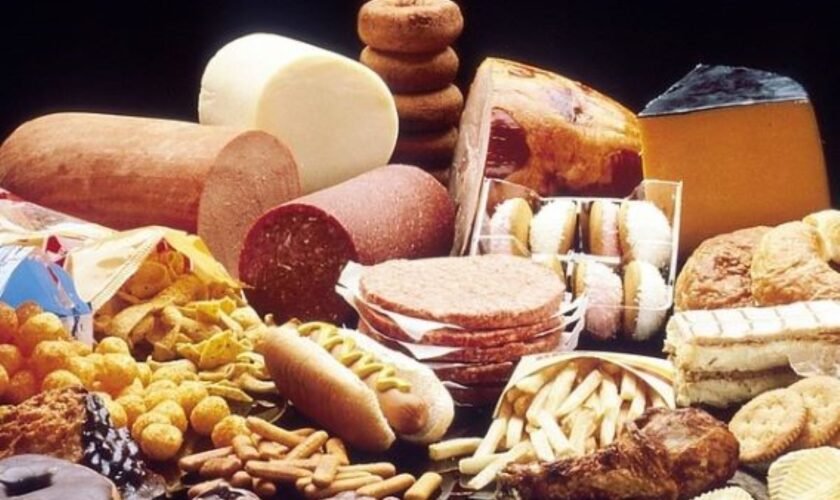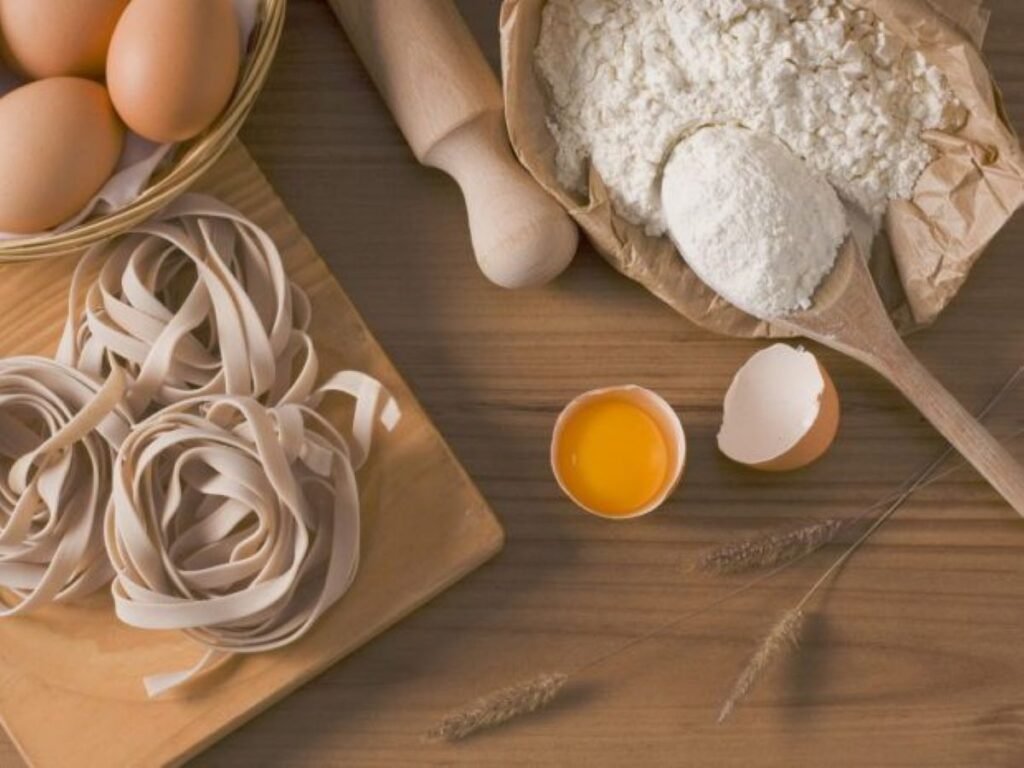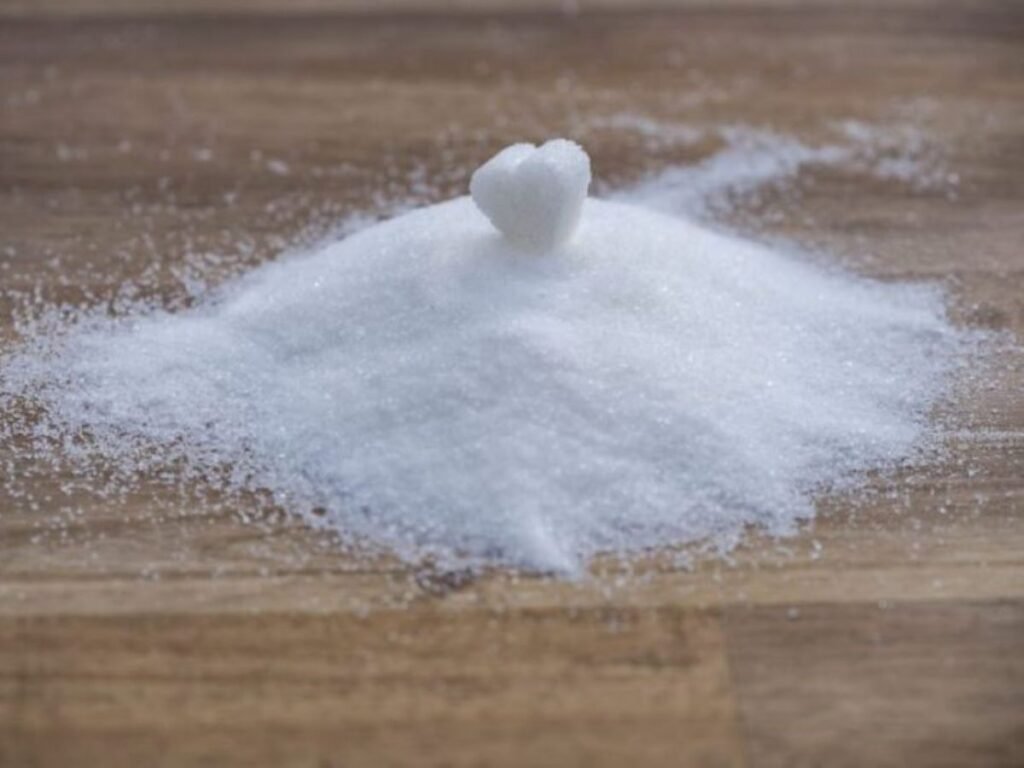Month: June 2019
A version of this article originally appeared on HVMN The ketogenic diet and intermittent fasting have more in common than you may believe. When combining the two practices, they may be able to synergistically work […]
A version of this article originally appeared on MadeByHemp.com It’s time again for another post from my friends over at MadeByHemp. Today we are answering a question I hear from people who are curious about […]
I was recently on Quora, and a variation of the same question kept appearing in my feed: “What foods can I eat to lower cholesterol?” Since I love solving problems and believe in the healing […]
